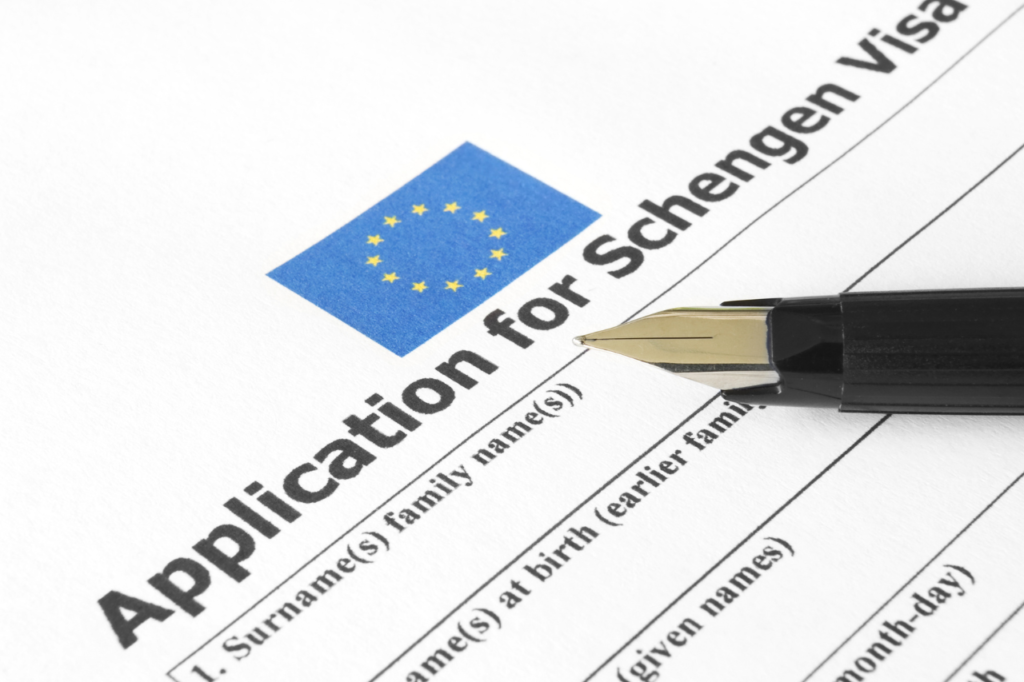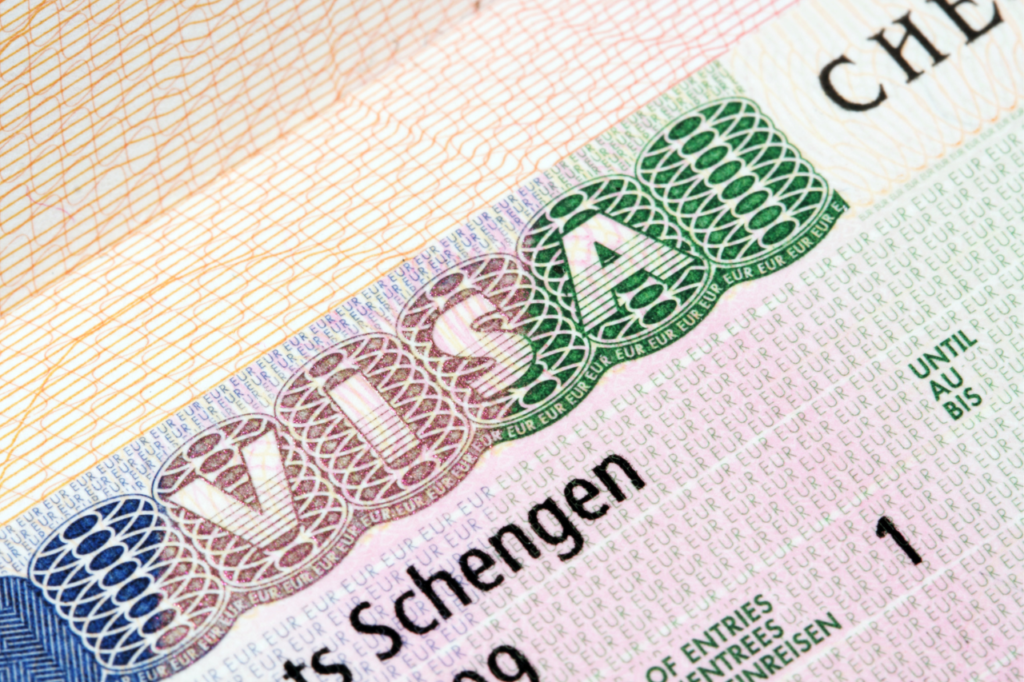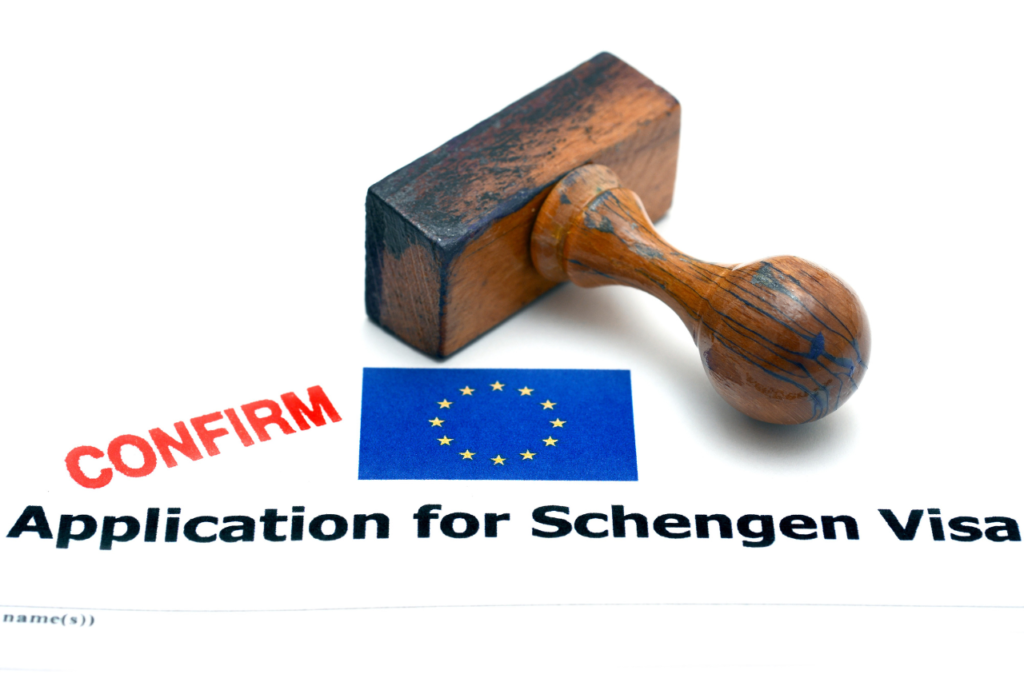Planning a trip to the European Union is an adventure that offers a rich tapestry of diverse cultures, historical landmarks, and breathtaking landscapes. Before packing your bags, it’s crucial to understand the complexities surrounding Schengen visas, which serve as your gateway to freely exploring the Schengen Area. This comprehensive guide will demystify who needs a Schengen visa, detail the processes involved, and highlight exceptions to help you seamlessly navigate your European travels.
Citizens Requiring a Schengen Visa
For citizens of certain countries, obtaining a Schengen visa is mandatory to enter the Schengen Area. This group includes countries from Afghanistan to Zimbabwe, each required to undergo a rigorous application process to secure a visa. This process involves assembling various documents, attending an interview, and demonstrating the purpose and conditions of the visit to ensure all travelers meet entry requirements.
Navigating Schengen Visa Requirements
Applicants from countries on the Schengen visa requirement list must meticulously prepare for their visa application. This includes gathering necessary documents such as a valid passport, proof of accommodation, travel itinerary, and financial sufficiency, and possibly attending an interview to demonstrate their travel intent and financial capability.
Airport Transit Schengen Visa
Some nationals may also require an airport transit visa when passing through the international transit areas of airports in the Schengen Area. This includes countries from Afghanistan to Sri Lanka and is designed to manage transit traffic within Schengen airports effectively.
Exceptions and Exemptions
There are several exceptions to these requirements:
- Residents and Visa Holders: Individuals with residency permits or valid visas from Schengen countries, or visas from nations like Canada and the USA, are exempt from the transit visa requirement.
- Family Members of EU/EEA Nationals: Family members of EU/EEA citizens may have an easier process but must still meet standard entry conditions.
- Diplomats and Special Passports: Holders of diplomatic or certain types of official passports may be exempt from transit visa requirements.
Countries Exempt from Schengen Visa
Nationals from specific countries, including Albania and Venezuela, do not require a Schengen visa for short stays (up to 90 days within 180 days) for tourism or business purposes. However, this visa-free travel does not permit holders to work or study during their stay in the Schengen Area.
Stay Duration and Legal Permissions
While visa-exempt nationals can enjoy up to 90 days of travel within six months, they must adhere to the conditions that restrict the purpose of their visits to tourism or business only—work and study activities are not allowed under these conditions.
Multiple Nationalities and Family Members of EU/EEA Nationals
Individuals with multiple nationalities or family members of EU/EEA citizens may face unique considerations. The requirements and processing might differ based on the passport used for travel or familial relationships with EU/EEA nationals.
The D Visa: For Longer Stays
For those planning to reside in the Schengen Area for longer than 90 days, a D visa may be necessary. This visa type is suitable for those seeking to work, study, or live in a Schengen country for an extended period.
Understanding the Schengen visa requirements is essential for ensuring a smooth and enjoyable travel experience to the European Union. Whether you need a visa or are exempt, it’s important to be aware of the regulations and prepare accordingly. This guide aims to equip you with the knowledge needed to navigate the Schengen visa landscape effectively, ensuring that your European adventure is both memorable and hassle-free.





